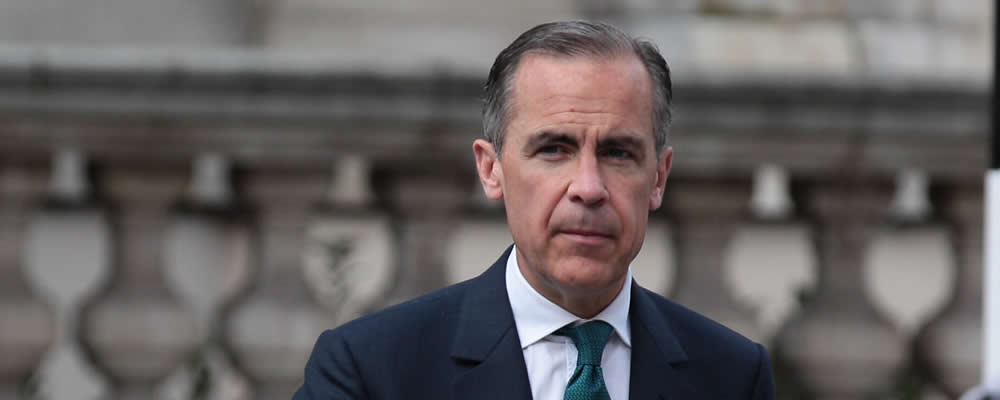Despite Eurozone data continuing to better expectations the Euro Pound exchange rate has been on a bearish trend, weighed down by mounting worries over Greece.
- Eurozone Manufacturing PMIs bettered forecast – Signs pointed towards rising inflationary pressure
- Greek bailout deadlock remained in deadlock – Investors worried over prospect of fresh Eurozone crisis
- GBP volatility forecast with publication of BoE Inflation Report – More hawkish outlook could boost Sterling demand
- Odds of ECB tightening could rise given robust domestic data – Commentary from ECB President Draghi in focus
With inflation on the rise in both the Eurozone and the UK investors will be on the lookout for a greater degree of hawkishness from either the ECB or the BoE.
Bullish Eurozone Manufacturing Data Failed to Shore up Euro (EUR)
A strong raft of Eurozone Manufacturing PMIs was not enough to keep the Euro Pound (EUR GBP) exchange rate on an uptrend on Wednesday. Worries over the ongoing deadlock between Greece and its creditors have been weighing heavily on the single currency this week, raising the prospect of a fresh crisis as major debt repayments loom. Confidence in the outlook of the Hellenic nation was further dented by the weakness of January’s manufacturing data, which saw the measure’s largest decline since September 2015.
However, the stronger showings from Germany, France and other nations could lead the European Central Bank (ECB) to adopt a more hawkish outlook in the near future. As Chris Williamson, Chief Business Economist at IHS Markit, noted:
‘Inflationary pressures are also picking up. Much of the increase in costs and prices can be linked to the weakened exchange rate and higher global commodity prices. However, there are also signs of demand running ahead of supply, which hints at a tentative build-up of core inflationary pressures.’
Even so, the Pound proved dominant through the European session as Parliament prepared to vote on the Article 50 bill. Rather than being disappointed by the UK Manufacturing PMI investors were encouraged by the signs that inflationary pressure is continuing to mount at a faster rate than forecast. The sharp increase in input prices suggests that the Consumer Price Index will see further upwards momentum in the coming months, potentially encouraging the Bank of England (BoE) to raise interest rates.
EUR GBP Exchange Rate Could Extend Downtrend on Hawkish BoE
Sterling is likely to see increased volatility on Thursday, with the first BoE policy meeting of 2017 coming alongside its latest Inflation Report. Investors will be on the lookout for any indications that policymakers are taking a more hawkish view, given the continued resilience of the UK economy. However, if Governor Mark Carney indicates that the BoE will continue to look through some degree of Brexit-based inflation and reaffirms the current neutral outlook on monetary policy the Pound could slide.
Focus will also fall on the latest commentary from the ECB as it publishes its newest Economic Bulletin. If there is any particular reference to the possibility of tapering the quantitative easing program the Euro could return to a stronger footing, although a speech from President Mario Draghi is unlikely to encourage confidence in the single currency. Concerns over Greece and the strength of the US Dollar (USD) could also limit the upside potential of the EUR GBP exchange rate in the later week.
Current Interbank EUR, GBP Exchange Rates
At the time of writing, the Euro Pound (EUR GBP) exchange rate was slumped in the region of 0.85, while the Pound Euro (GBP EUR) pairing was making strong gains at 1.1755.



